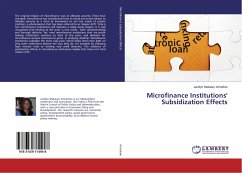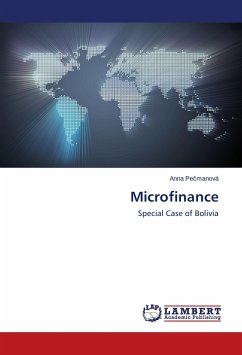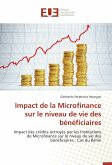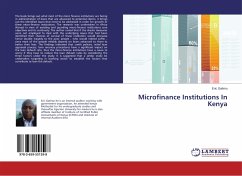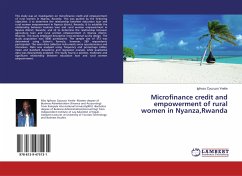The original mission of microfinance was to alleviate poverty. Times have changed; microfinance has transitioned from its moral and social mission to alleviate poverty to a form of investment to suit the needs of private creditors, a phenomenon that has been referred to as 'mission drift'. Only a few microfinance institutions still maintain a solely social mission. It is well recognized that lending to the poor is very costly - both administratively and through defaults. Yet, even microfinance institutions that are profit making institutions continue to lend to the poor, and demand for microfinance services continues to grow. In studying whether microfinance institutions subsidize the more risky poor clients helps shed more light on why some institutions behave the way they do, for example by charging high interest rates or lending very small amounts. The evidence of substitution effects in microfinance institutions implies that there isn't total mission drift.
Bitte wählen Sie Ihr Anliegen aus.
Rechnungen
Retourenschein anfordern
Bestellstatus
Storno

